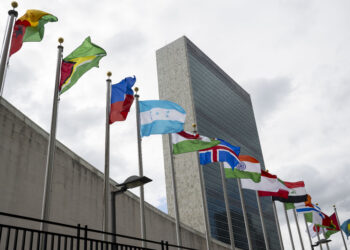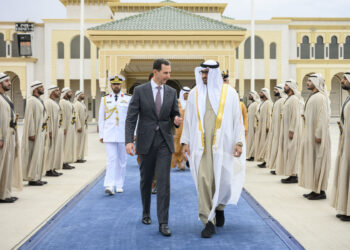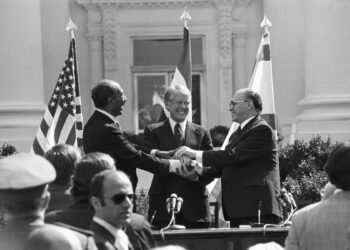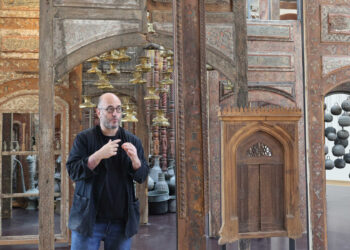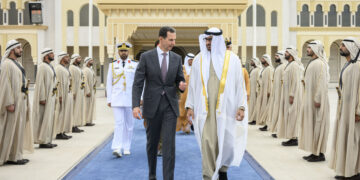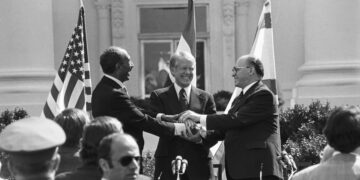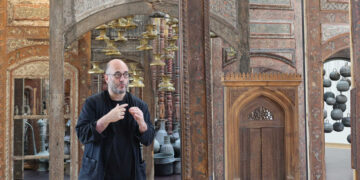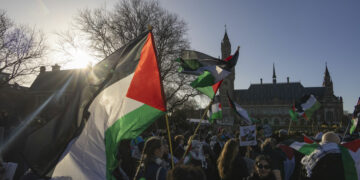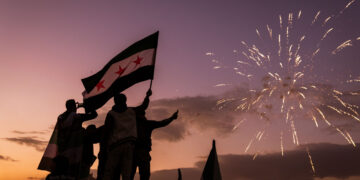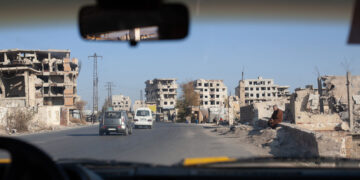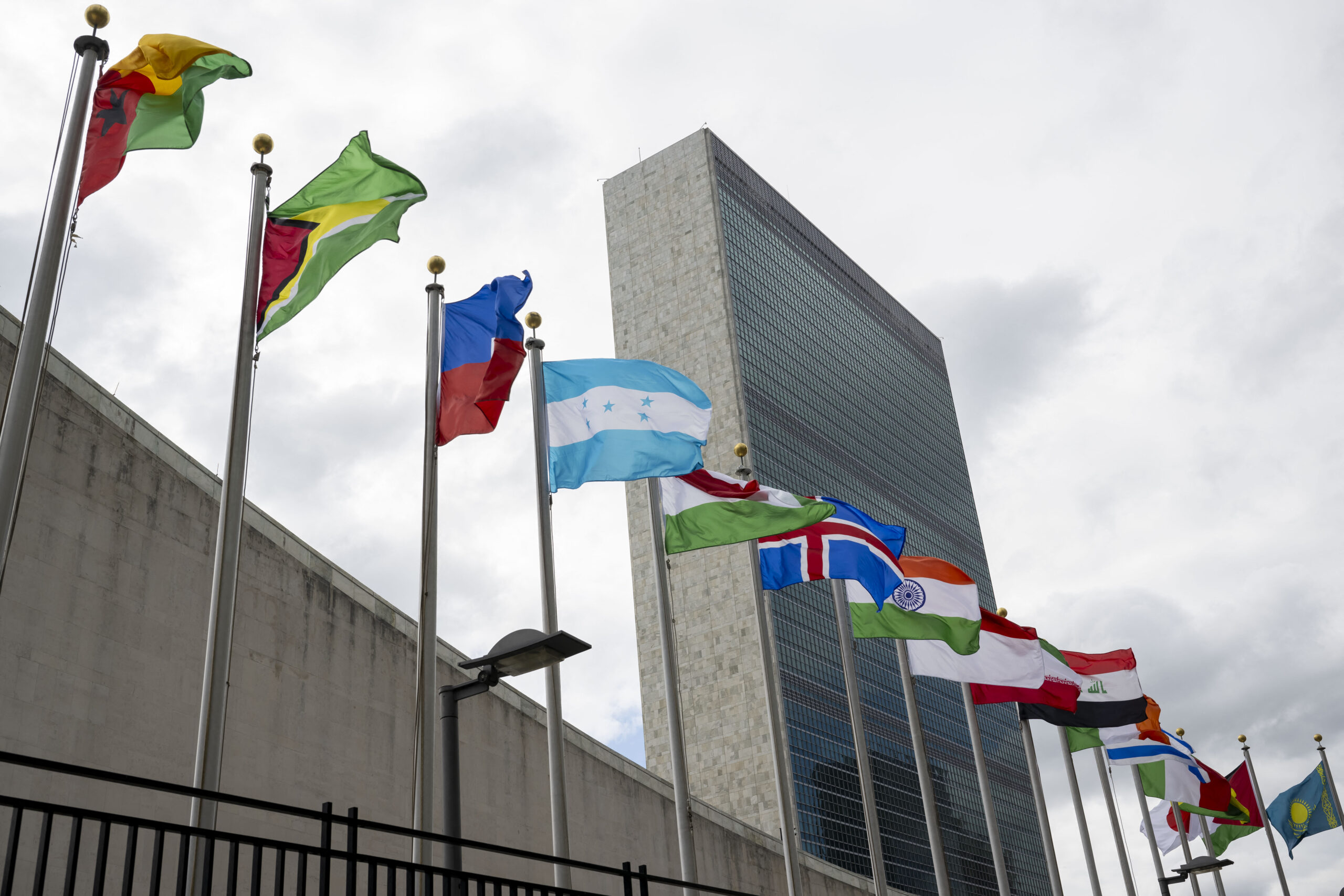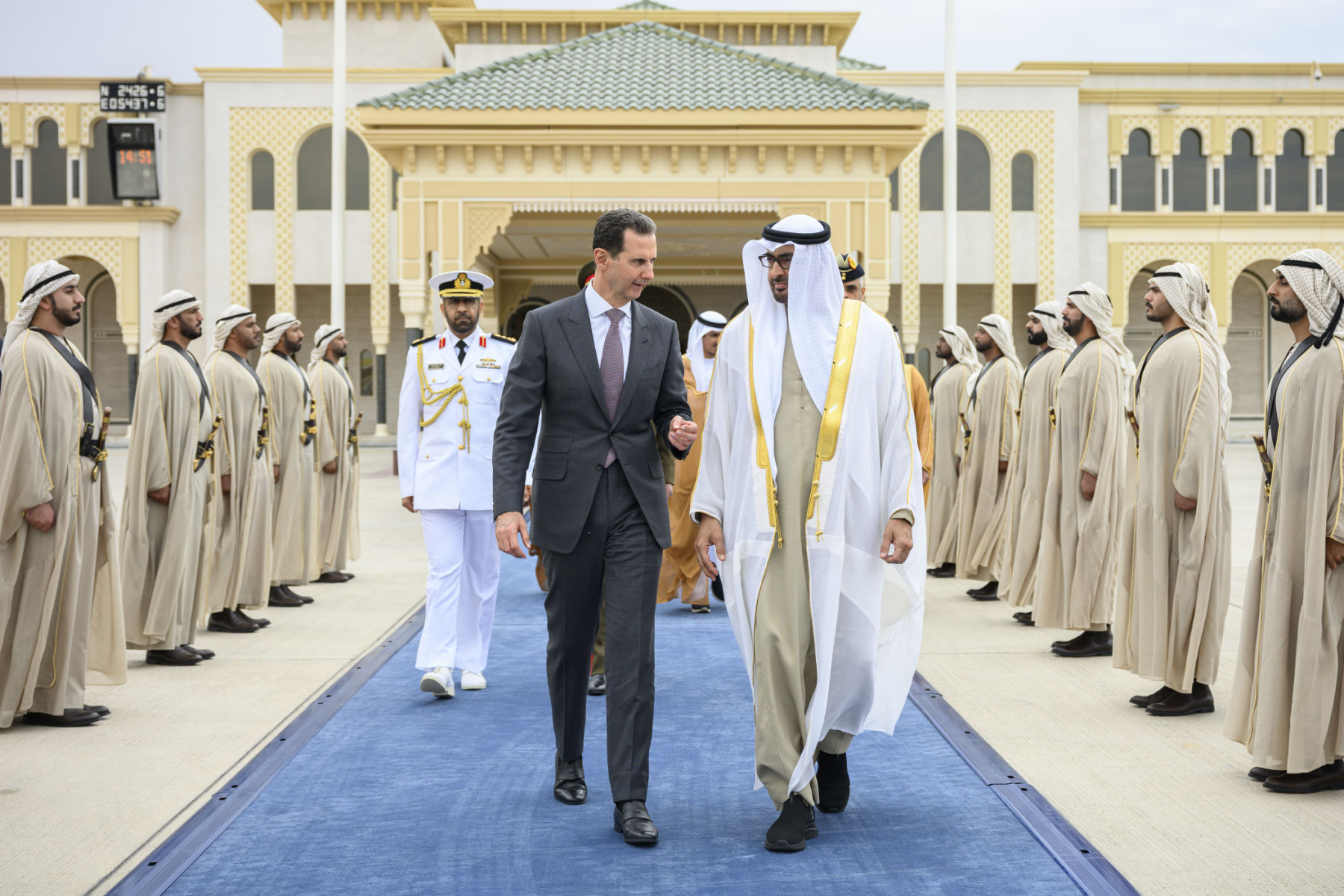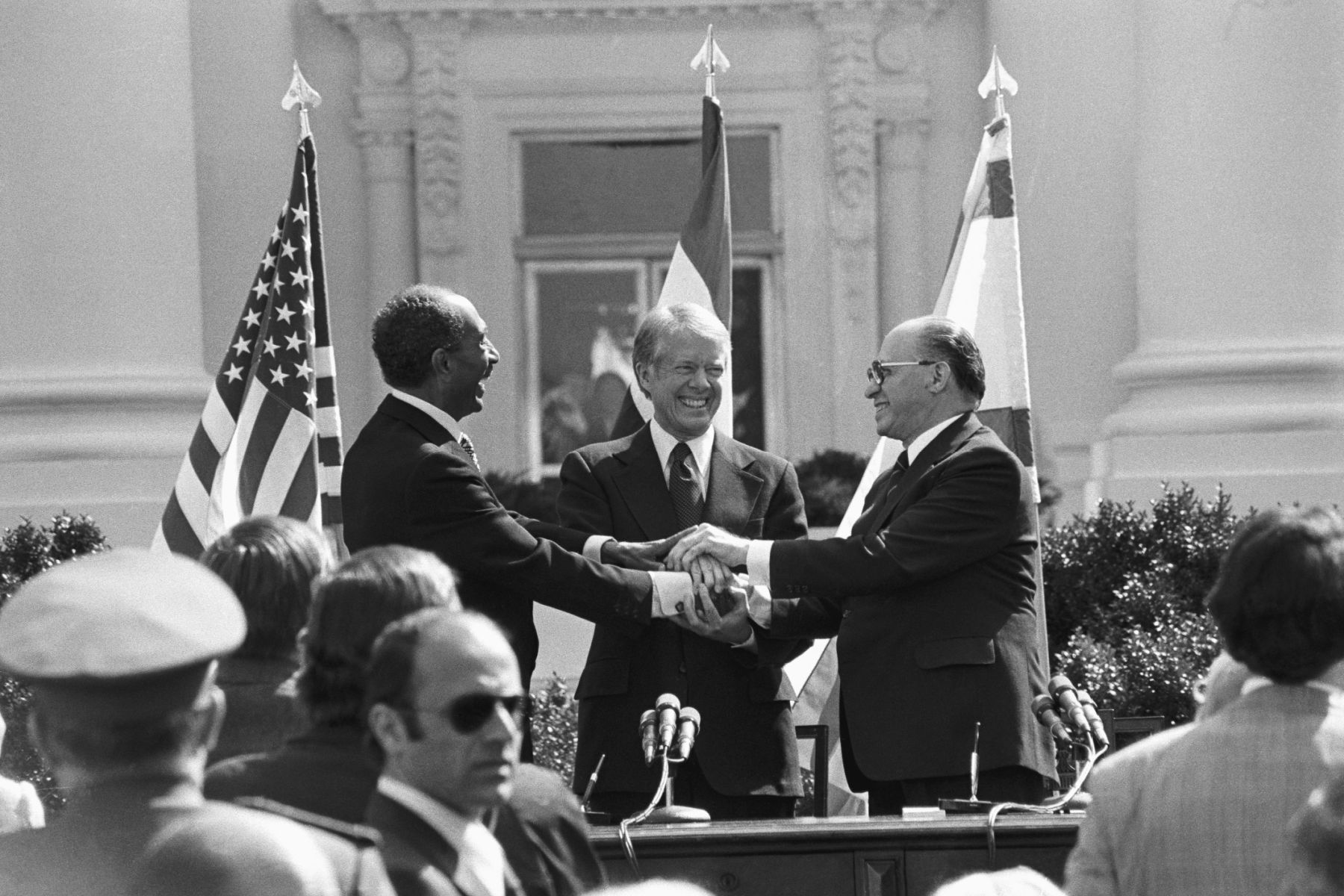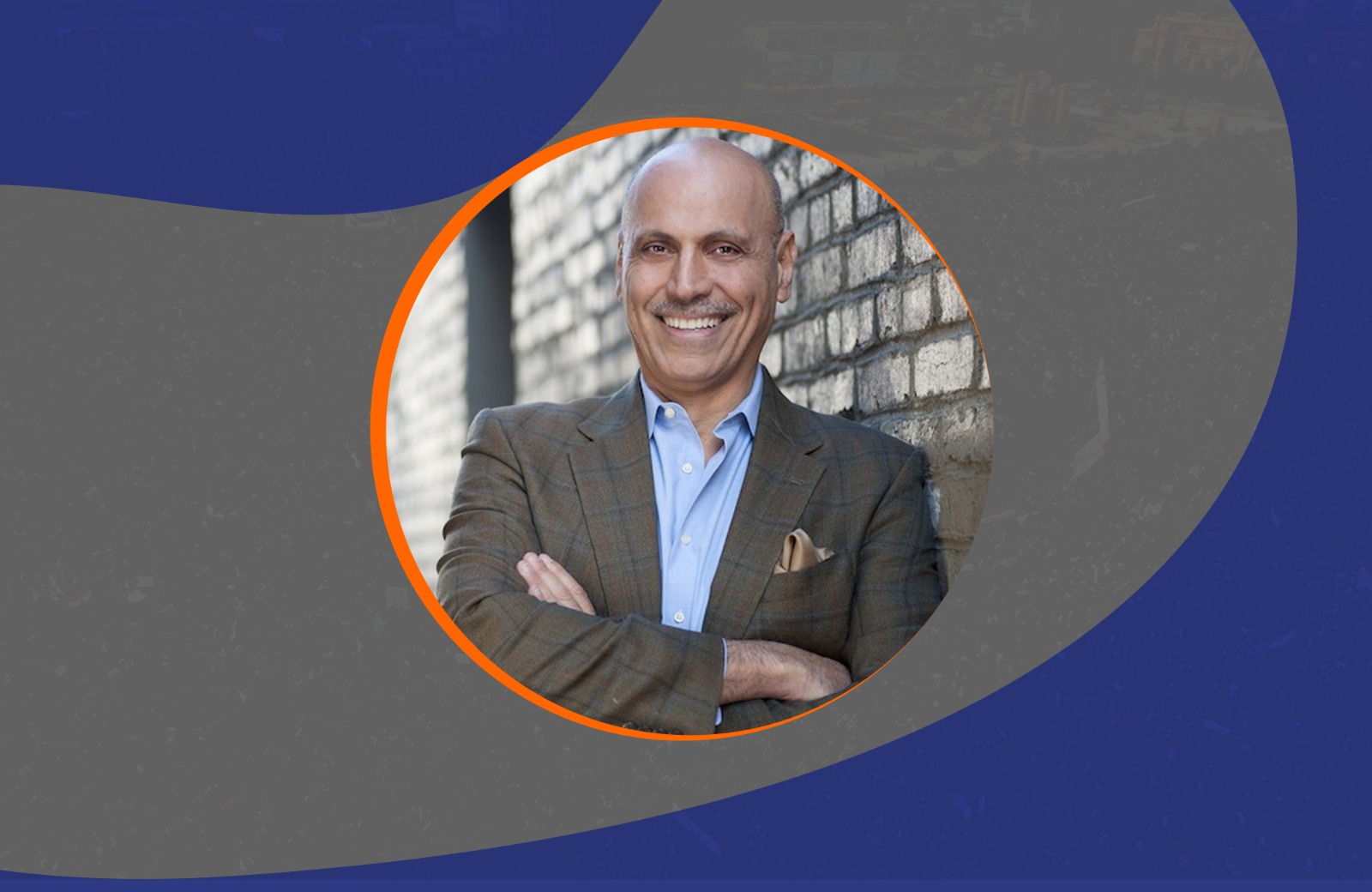Ammar Azzouz is a postdoctoral researcher at the University of Oxford and author of Domicide: Architecture, War and the Destruction of Home in Syria.
The kingdom of fear has collapsed. For years, images of Bashar al-Assad and his family have been everywhere in Syria—on cars, inside shops, in classrooms, in hospitals. At my university in Homs, Assad's framed photo was even inside every professor's office.
The kingdom of fear in Syria meant we could not speak. "We are treated like animals, with humiliation," a woman in Homs told me a few years ago. "We are supposed to only eat and sleep." She cried as she described her life in a city, once the cradle of the Syrian revolution, that was besieged, starved and largely destroyed by Assad's forces.
For decades, well before the revolution started in 2011, we were afraid—afraid of everyone. "The walls have ears," we would say. People feared each other. In Assad's Syria, people would report each other, even their neighbors, to the mukhabarat. Then they would disappear into a prison.
We lived in fear, in silence, until the cracks in this kingdom emerged in 2011.
The kingdom of fear still felt like a fortress then. But the graffiti of a few young boys in Daraa, inspired by the protests in Tunisia and Egypt—"It is your turn, doctor"—was a simple threat that shook this kingdom to its foundation. It is why those children were rounded up, tortured and killed, sparking the protests that spread like fire across the country. While Syrians lived in fear and silence, the regime was also afraid of its own people—of their pens and papers, their songs, their voices. In 2011, artist Ali Ferzat, who was 60 at the time, was left bleeding on the side of the road in Damascus, his hands broken by pro-regime thugs, who targeted him just because of his political cartoons.
If an activist was exiled, their family would often be attacked by the regime. In my city of Homs, the family of Malek Jandali, a renowned composer and pianist living abroad, was harassed and beaten by security forces. Only a few months into the revolution, his family home was raided by three armed men who handcuffed his father, a 73-year-old surgeon, covered his mouth and nose with duct tape, and beat him. They also attacked his mother brutally, causing severe injuries to her face. Then they locked his parents in their bathroom and ransacked the house. The attack was apparently meant to intimidate exiled Syrians, to force them to stay silent about the regime. Malek's father said that the three men referred directly to him and said, "This is a lesson to teach you how to raise your son."
For us in Homs, and in other Syrian cities, we were left thinking that if this is what happens to prominent artists and cultural figures, what would happen to the rest of us? The ensuing years showed us the terrible answer. There was a brutality that evoked the horrors of Goya's etchings, of medieval torture tactics, of violence that is unspeakable.
We lived in fear, in silence, until the cracks in this kingdom emerged in 2011.
- Ammar Azzouz
The kingdom of fear has now been destroyed, as if it belongs to cities of salt.
Hundreds of Syrians gathered in Trafalgar Square in London earlier this week, on December 8. Of all ages, they came together to stand with each other, to grieve and to celebrate. Two women were crying while hugging each other. Then my friend screamed, "Ammar, Ammar, Suriya hurra, hurra!" Syria is free, free! Three of us, all from Homs, hugged each other. She cried; I smiled. "We will be back in Homs again," I told her. I have not seen my Syrian friends happier than at this moment. Everyone feels lighter, everyone feels relieved, everyone feels able to imagine a different kind of tomorrow.
The rain in London was heavy, as if the sky was weeping with us. My jacket was completely soaked, but everyone wanted to be there.
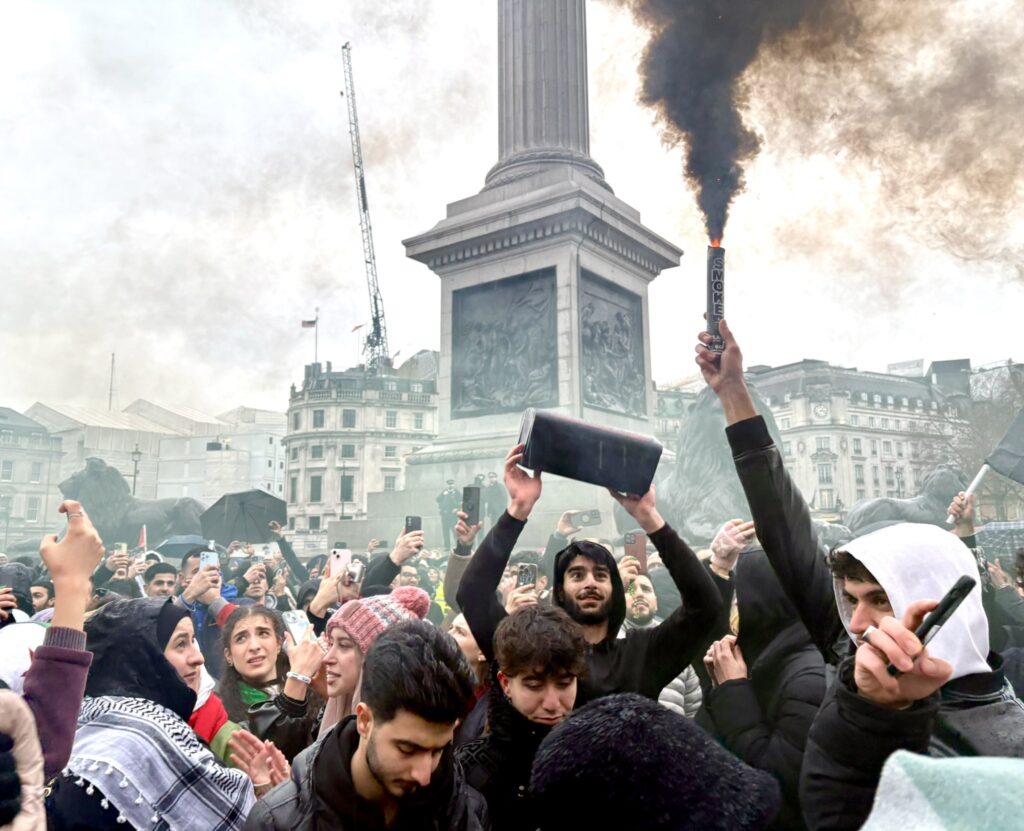
We are living through a turning point in history, one that will take a while to understand, digest and then live its consequences. Today, we mourn. Today, we remember. Today, we hope. It was foggy here in London, just like our future in Syria. But everyone here knows that a new dawn is coming, with so much uncertainty, so much fear, but so much hope.
It all feels so surreal. Each person I met in Trafalgar Square had their own story. One person said his brother and parents were killed in the war; another had her home destroyed. I have been displaced since 2011. This is the 14th Christmas without being able to return to my city of Homs. Nobody can fully describe the scale of pain and injury inflicted on the Syrian people.
While Syrians lived in fear and silence, the Assad regime was also afraid of its own people—of their pens and papers, their songs, their voices.
- Ammar Azzouz
There are millions of stories that remain untold. They are still waiting to be heard. Until now, the Assad regime had prevented people from any public expressions of grief, portraying even mourning itself as anti-government and therefore "terrorist" activity. Now that the regime is suddenly gone, we can finally mourn. We can finally grieve.
But how much time will it take us to heal personally and collectively? The end of Assad's kingdom of fear is a turning point for so many things, including in dealing with our trauma. We'll eventually realize how much suffering and damage have remained unseen and unheard for the past 13 years. Creating spaces for making our injuries and loss visible will be part of our individual and collective healing as Syrians.
My friends are diverse from the places they come from and in their own sects and religions, reflecting the mosaic that makes our wonderful Syrian society. Chants in 2024 echo those that spread across our cities in 2011. "One. One. One. The Syrian people are one!"—calling for unity regardless of ethnic and religious background. This is not just a protest slogan anymore, but a vision for our new, free Syria, where different people can sit down to talk to each other and deal with their differences.
December 2024 will be remembered as a new page in the history of modern Syria. Images of Bashar al-Assad and his father, Hafez, that were everywhere are now torn apart. Statues that represented fear, dominance and control have been knocked down or thrown in the garbage—"the right man in the right place," as Syrian writer and dissident Yassin al-Haj Saleh described a photo of a statue of Bashar next to a heap of trash. Cities that have been grieving in silence can now shout and scream all their pain. "All the suppressed chants resound in Homs," a young Syrian woman, Laila, wrote from my home city.
In Homs, people are still searching for the disappeared, like Syrians in liberated towns and cities across the country, where the jails have flung open and prisoners can finally walk free. Our neighbor, who was arrested years ago by the regime, has not been found yet. His family posted announcements on social media asking if someone had seen him. How many other Syrian families have posted the same message?
Perhaps the future is foggy, but for now, the kingdom of fear is gone. Its prisoners, even if broken and traumatized, can finally go home.












